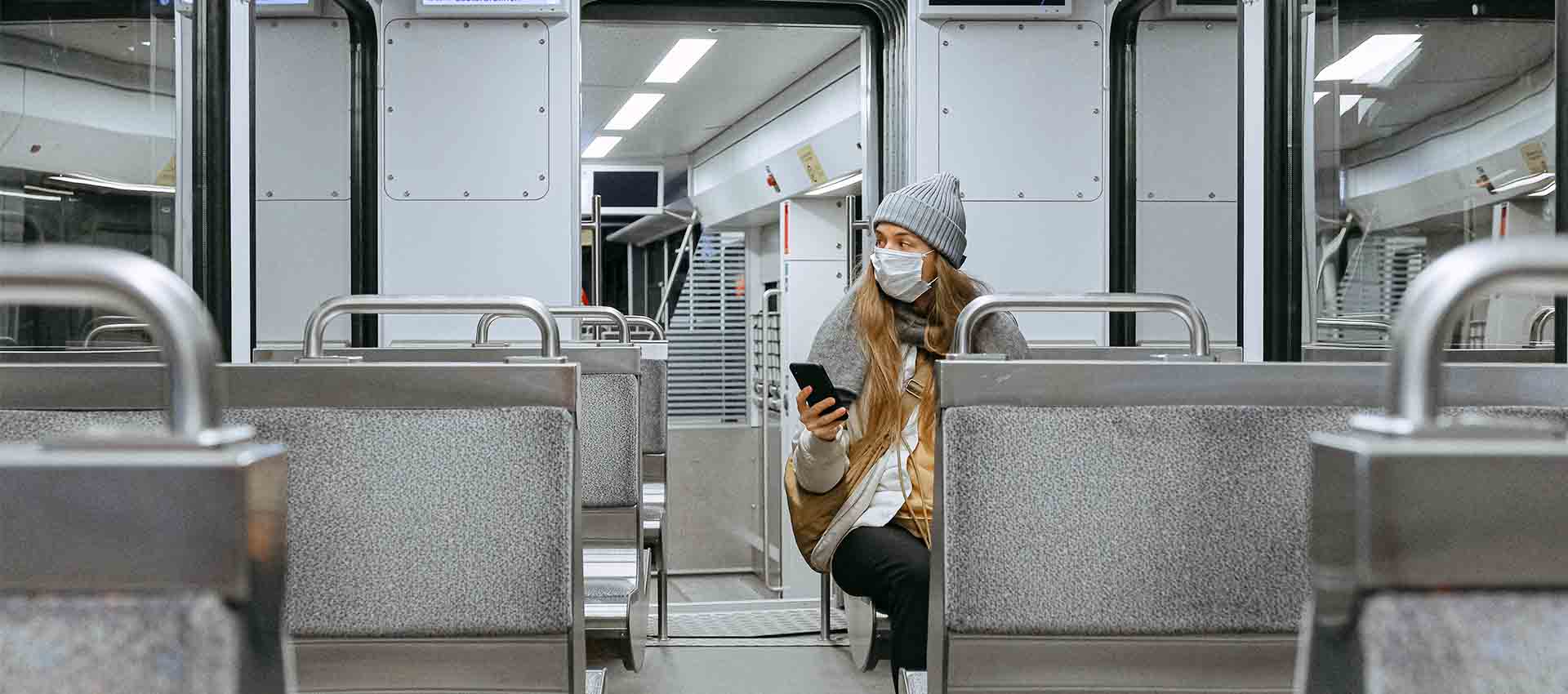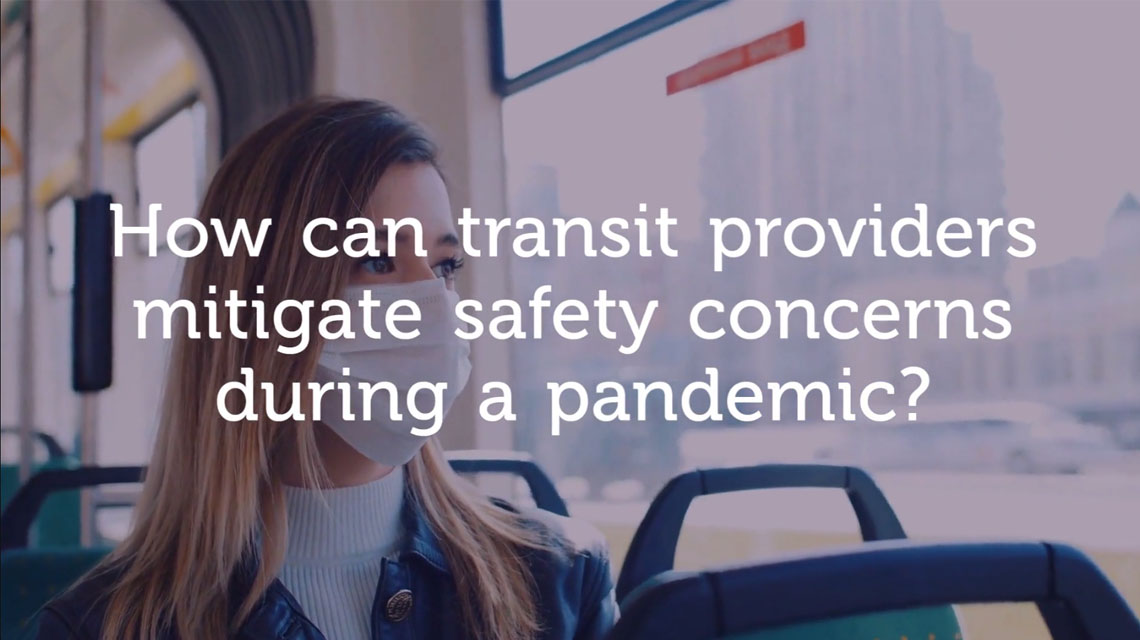It’s no secret that COVID-19 has majorly impacted society – from our highest institutions, to our work and personal lives. The world will not be the same after this. Along the way, we’re learning new lessons about the state of mobility. Public transit providers are stepping up, reminding a global audience what they’re worth, and re-positioning themselves as leaders in what they do. Here are a few lessons we can all learn from them today.
1. Transit is a critical service, now and in the future.
People everywhere depend on public transit. Today, that statement carries a lot more weight. Consider the historically low-income communities in urban areas that are getting hardest hit by COVID-19. Consider the newly unemployed who may not own a car and can’t afford to rely on ride hailing services alone. We can’t forget the essential workers like doctors, nurses, and grocery store employees, who depend on public transit every day, too.
Not only that, but it has proven to be the better mobility option for many people. In an environment where so much is unknown, choices about where and how to travel become easier. Public transit agencies are holding themselves to one of the highest standards of safety and cleanliness. There’s a level of commitment to public health that you simply won’t find in other mobility options. Right now, when the public needs it most, that commitment has become a lifeline.
2. Transit workers are heroes, too.
When we refer to a “new normal,” we know it means different things for different people. Some of us are working from home and trying to care for our children at the same time. Many of us are faced with unexpected obstacles in our work due to the impacts of COVID-19. There are also the transit employees who are leaving their homes daily to carry out essential duties and keep riders safe. Consistent sterilization practices, physical distancing rules, and marketing campaigns to keep riders informed are just a few examples of how agencies are stepping up quickly and effectively in the face of a crisis. They are also coming up with creative ways to make a difference in their communities. Some are even offering grocery and supply delivery services to those who need it. These agencies are working tirelessly to continue to provide an essential service in a way that is safe and accessible. They’re adapting quickly to changes, responding proactively to issues, and putting out positive messages through it all. Transit employees around the world are on the frontlines of this crisis, and they are our silent heroes.
3. Public transit needs our support.
Public transit needs continual investment and advocacy from governments, partners and everyday riders. The inclusion of $25 million for transit in the CARES Act reminds us how important funding is. Still, there are more ways we can support public transit today. Show appreciation for your local transit workers maintaining distance from them and entering transit vehicles through rear doors. When we reach the other side of this crisis, consider using public transit more often, and being kind and respectful to transit workers while doing so. Finally, you can advocate for transit in your local community. This can be as simple as sharing photos and positive stories to social media about the impacts of public transit.
We know the current situation is directly affecting transit agencies in many ways. There are many service changes, declines in ridership, and a greater need to communicate with customers and managers. There may also be times when agencies find themselves reaching out for help from those who are less familiar with how their systems run. For INIT customers, help is available to keep you up-to-speed.
During this crisis, we are offering the following services (COVID-19 related) to our customers at no charge:
· Remote training on existing features
· Assistance with System Administration
· Help creating reports
Learn more about our response to our customers by clicking the button below.




